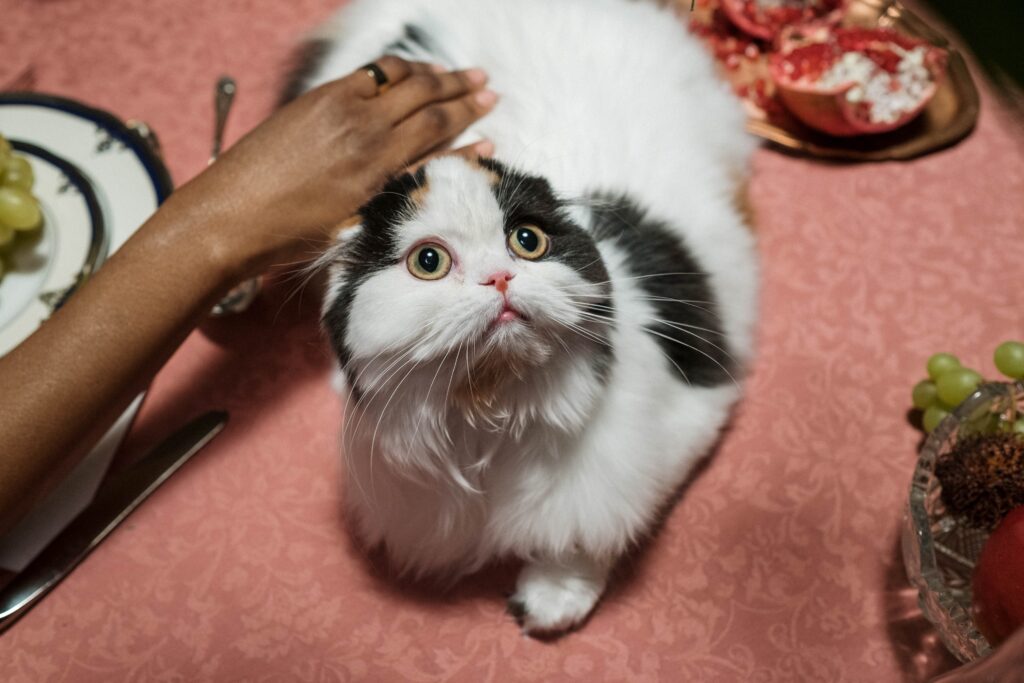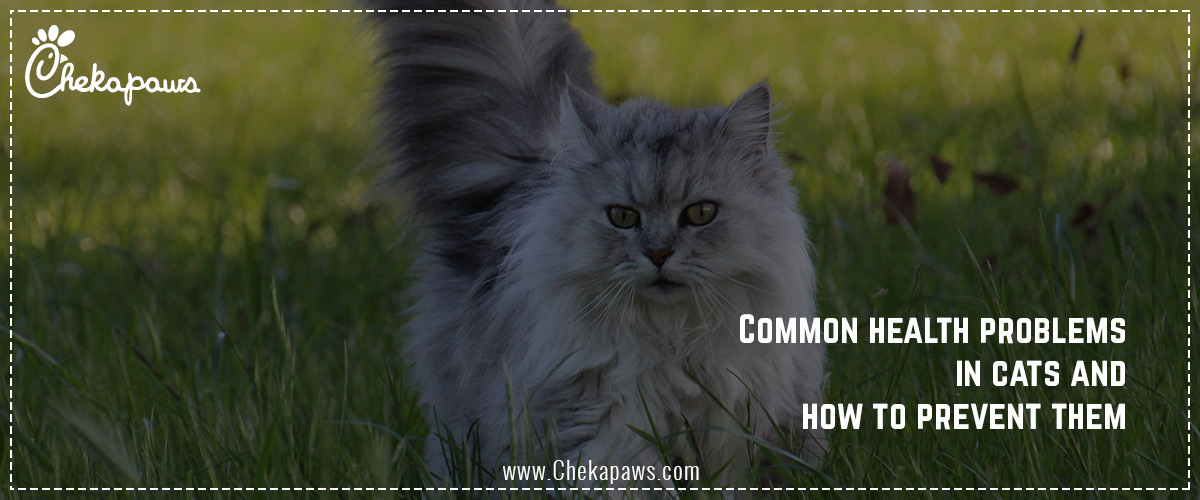Cats can suffer from a variety of common health issues. Knowing when something isn’t right is an important part of being a responsible cat owner. While the prospect of your beloved companion becoming ill is terrifying, no cat is immune to illness. Even if you are the perfect pet parent and do everything correctly when caring for your cat, they may suffer from a variety of health issues.

In this blog post, we’ll be discussing along with tips common health problems in cats and on how to prevent them:
- Dental Issues – Dental issues are common in cats and can cause bad breath, tooth decay, and even infections. Gingivitis, periodontitis, and tooth resorption are the most common feline dental diseases, with varying degrees of severity. Most cases of dental disease, however, can be avoided or treated with proper care. Make sure your cat has regular dental check-ups and that they brush their teeth with a cat-specific toothbrush and toothpaste.
- Obesity – Obesity is a common issue in cats, and it can lead to a number of health problems. Make sure your cat gets enough exercise and eats a balanced diet appropriate for their age and activity level to avoid obesity. Contact your veterinarian if you suspect your cat is overweight. They will determine an ideal weight goal for your cat based on their overall health and recommend a new diet plan to help them lose weight.
- Urinary Tract Infections – Urinary tract infections in cats can be painful and dangerous. Cats can get bladder inflammation, which causes increased urgency, bloody urination, and inappropriate urination. This is referred to as feline urologic syndrome. To avoid them, provide your cat with plenty of fresh water and feed them a high-quality diet designed to support urinary tract health. If a cat is straining and not urinating, an emergency veterinary examination is advised to rule out a urinary tract obstruction.
- Parasites – Fleas and ticks can cause a variety of health issues in cats, including skin irritation and infection. Use a flea and tick preventative medication recommended by your veterinarian, and keep your cat’s environment clean and pest-free. Fleas could really live for more than a year, and if the problem becomes severe, your cat risks anaemia, so treat your cat’s flea problem and prevent future infestations.
- Respiratory Infections – Cats can get respiratory infections, which can be fatal if not treated. Respiratory infections occur frequently in cats, particularly in high-density populations such as shelters, breeding catteries, and feral cat colonies. These infections are caused by a variety of viruses, bacteria, fungi, and protozoa, and they have a negative impact on feline health. Keep your cat’s environment clean and free of irritants to prevent respiratory infections, and make sure they are up to date on their vaccinations.
- Kidney Disease – Kidney disease is a common issue in senior cats. Kittens could be born with kidney disease, and as cats age, their kidneys can fail. Infections, trauma, blockages, and poisoning can all cause kidney problems. Kidney disease, if left untreated, can lead to other health issues. Make sure your cat gets enough water and eats a balanced diet appropriate for their age and activity level to avoid kidney disease. Regular veterinary examinations can also aid in the early detection of kidney disease.
Overall, the best way to keep cats healthy is to provide them with regular veterinary care, a nutritious diet, and a clean environment. By taking these precautions, you can help keep your cat healthy and happy for many years. When you suspect your feline pal is ill, every second counts. Because illnesses progress quickly, it’s always best to seek veterinary care at the first sign of trouble.







